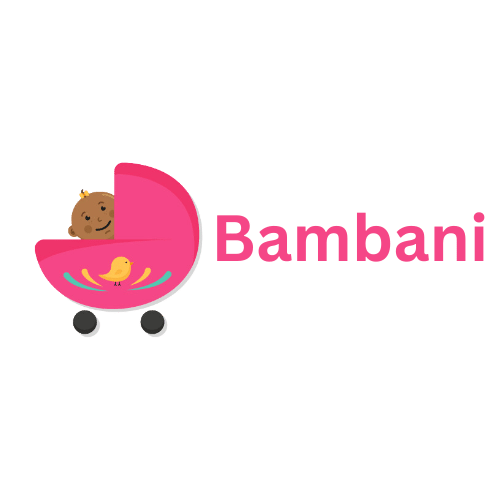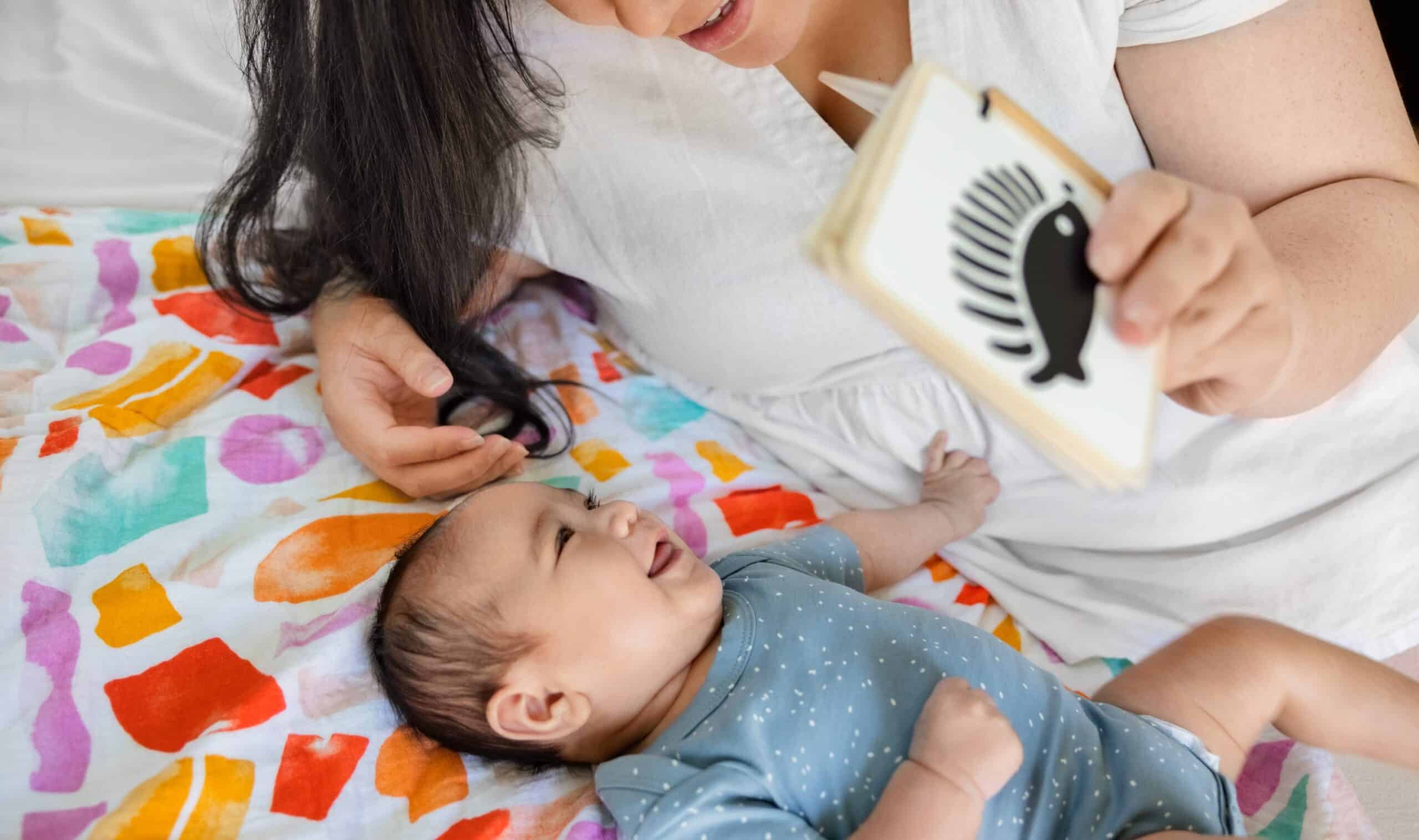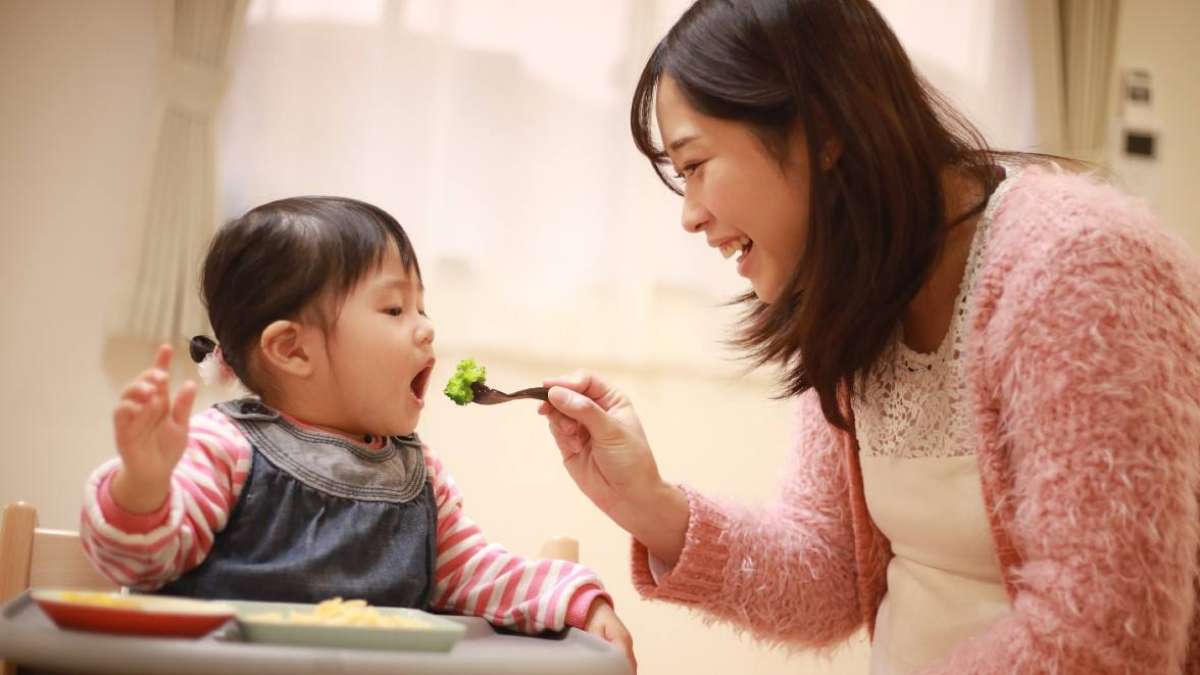Welcome, parents! As your little one enters the world, their journey of growth and development begins. And what better way to nurture their budding minds than by delving into the fascinating realm of organic baby brain development?
With this comprehensive guide, we invite you to embark on an enlightening adventure that unveils the secrets behind your child’s cognitive marvels.
From understanding the intricate workings of their developing brains to exploring effective techniques for fostering optimal growth, join us as we unlock a treasure trove of knowledge that will empower you on this remarkable parenting odyssey.
So fasten your seatbelts and get ready to witness firsthand how nature intertwines with nurture in shaping those brilliant young minds we hold so dear!
What is Organic Baby Brain Development?
Organic baby brain development refers to how a baby’s brain develops in response to its environment and experiences. The term “organic” is used to describe the process by which a baby’s brain develops, as opposed to the more common “inorganic” or “artificial” methods of development.
Many factors contribute to organic baby brain development, including nutrition, sleep, exercise, social interaction, and exposure to Stimuli. These factors work together to help a baby’s brain develop healthily.
Nutrition is one of the most critical factors in organic baby brain development. A healthy diet helps to ensure that a baby’s brain gets all of the nutrients it needs to develop correctly. Breast milk is especially beneficial for developing brains, so mothers need to breastfeed if possible.
Sleep is another crucial element of organic baby brain development. Babies need plenty of sleep to allow their brains time to rest and grow. Parents must create a bedtime routine to help their children get appropriate sleep.
Exercise is also essential for organic baby brain development. Physical activity helps to stimulate the growth of new neurons and connections in the brain. Parents must encourage their children to be active through play and other forms of exercise.
Social interaction is another crucial factor in organic baby brain development. Interacting with others helps babies learn how to communicate and understand emotions.
How Does a Baby’s Brain Develop?
The human brain is a unique and complex organ. It starts developing shortly after conception and continues to grow and change throughout our lives. But how does a baby’s brain develop?
During the first trimester of pregnancy, the brain begins to form. The neural tube, which will become the baby’s spinal cord and brain, starts to develop in the second week of pregnancy. By week six, the neural tube has closed, and the baby’s brain is beginning to increase.
During the second and third trimesters, the baby’s brain grows and develops. By week 28, most of the baby’s brain cells have been generated. However, these cells still need to be fully developed or connected. This process of development and connection will continue throughout infancy and childhood.
A baby’s brain develops best when born into a loving, supportive environment. The more love and support a child receives, the more their brain can grow and develop properly. So if you’re worried about your child’s brain development, ensure you provide them with plenty of love and support!
Factors that Influence Brain Development in Infants
Many factors influence brain development in infants. Some of these factors are genetic, while others are environmental.
The most critical factor in brain development is nutrition. A child’s diet should include a variety of healthy foods, including plenty of fruits and vegetables, whole grains, and lean protein. It’s also important to limit sugary drinks and processed foods.
In addition to nutrition, sleep is critical for brain development. Infants need a lot of sleep—about 16 hours per day. A regular sleep schedule will help promote healthy brain development.
Another critical factor in brain development is stimulation. Babies must be exposed to sights, sounds, and textures to encourage healthy brain growth. Interactive activities like reading or playing with toys are especially beneficial.
Nutrition and Brain Development
A baby’s brain develops rapidly in the first few years of life, and good nutrition is essential for proper brain development. Breast milk is the best food source for infants; organic breast milk is even better. Infants formula-fed or consuming cow’s milk may not get the same nutrients as those who drink breast milk.
Organic baby foods are also a good option for infants and toddlers. These foods are made without pesticides, hormones, or other synthetic chemicals that could harm a young child’s developing brain. Look for organic baby foods certified by the USDA or another third-party organization to ensure they meet high quality and safety standards.
In addition to eating healthy foods, it’s essential to ensure your child gets enough exercise. A sedentary lifestyle can lead to obesity and other health problems, impacting brain development. Please encourage your child to be active daily, whether playing outside, taking a dance class, or walking around the block.
Giving your child the best possible start in life begins with ensuring they have proper nutrition for optimal brain development!
Environmental Factors That Impact Baby Brain Development
When it comes to baby brain development, several environmental factors can have an impact. Here are some of the key ones to be aware of:
1. Diet: What a pregnant woman and then a young child eats significantly impacts brain development. A healthy, balanced diet is essential for providing the nutrients needed for optimal brain growth and function.
2. Sleep: Getting enough sleep is also essential for brain development. Babies and young children need more sleep than adults, so ensuring they are getting enough rest is vital.
3. Stimulation: Stimulating a child’s mind through play, learning experiences, and social interactions is critical for proper brain development. A stimulating environment helps the brain to grow and develop properly.
4. Stress: Too much stress can hurt a baby’s brain development. Creating a calm and supportive environment for pregnant women and young children is essential to help minimize stress levels.
Tips for Supporting Baby’s Mental and Cognitive Development
1. Encourage baby’s brain development with plenty of eye contact, cuddles, and conversation.
2. Help babies explore the world around them through safe exploration and play.
3. Introduce babies to various new people, places, and experiences to help them learn about the world.
4. Read aloud to the baby often, starting from birth. Please describe your reading and highlight exciting things in the book to help engage their developing mind.
5. Encourage the baby’s creativity through music, art, and other creative activities.
6. Support the baby’s cognitive development by teaching them simple concepts like colors, shapes, and numbers.
7. Help babies develop problem-solving skills by letting them attempt simple puzzles and challenges.
Read more about Baby skincare products…
Conclusion
We hope this guide has given you a better understanding of organic baby brain development and the importance of providing your child with stimulating activities to promote healthy growth.
Although it can seem overwhelming, providing an enriching environment for your baby is essential in ensuring they reach their full potential. With patience and consistency, you’ll be able to help foster a strong foundation of learning for years to come.





